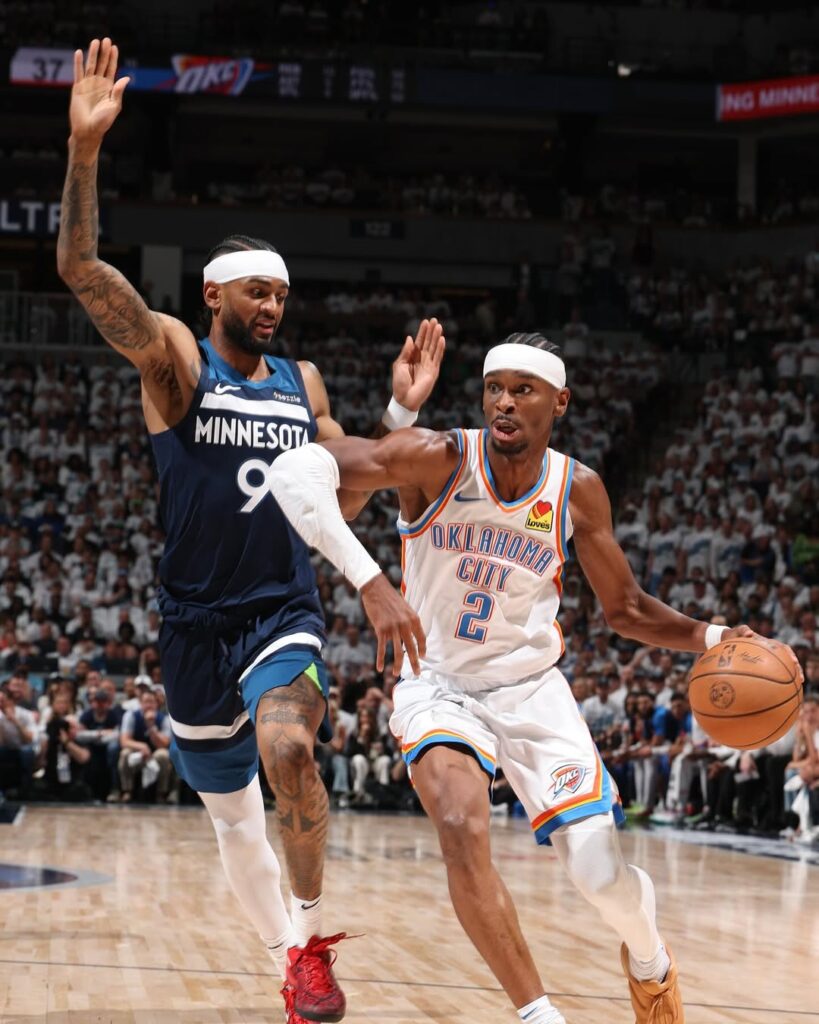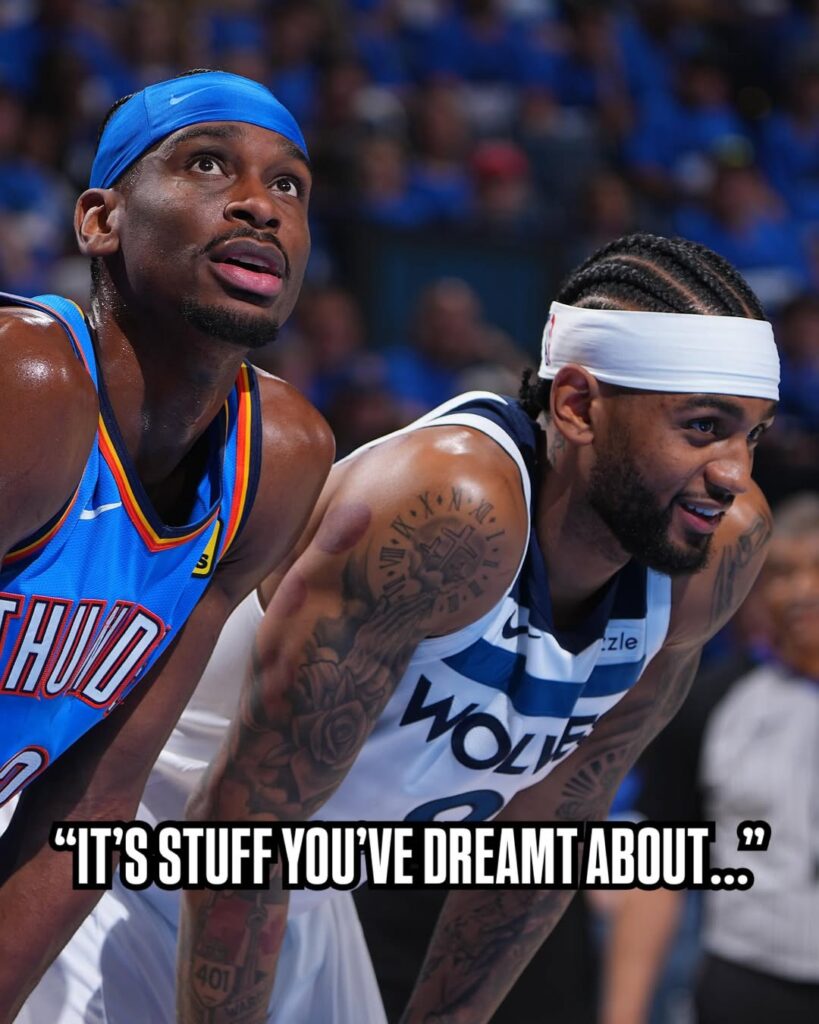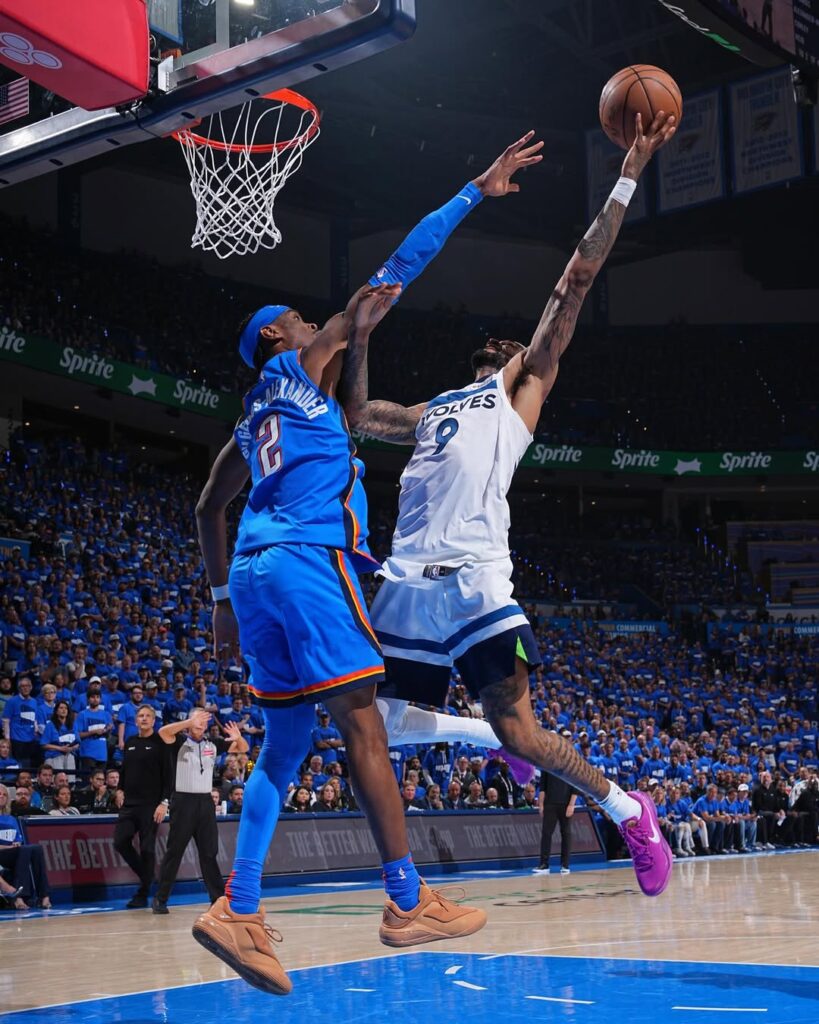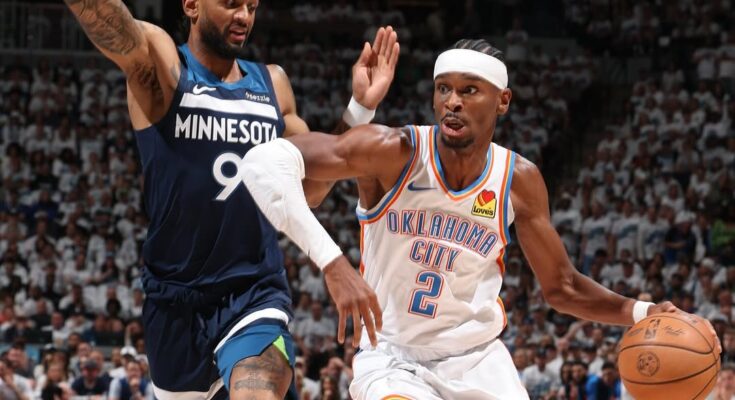
The NBA playoffs are a crucible like no other—a stage where talent, preparation, and resilience are tested to their absolute limits. Every possession becomes a battle, every decision carries weight, and the pressure can often feel overwhelming. In such a high-stakes environment, players look for anchors—sources of strength and motivation that help them navigate the mental and emotional demands of postseason basketball.
For many players, family is that anchor. The ties of blood and kinship provide a powerful foundation amid the chaos of the playoffs, offering both emotional support and a profound sense of purpose. Across the league, stories abound of players who draw inspiration from their loved ones, who wear their family’s hopes and sacrifices as a badge of honor.
The Emotional Weight of the Playoffs
Playoff basketball isn’t just about athletic prowess—it’s about mental toughness. The margin for error shrinks, and the intensity of scrutiny skyrockets. Players must perform at their best night after night, often facing hostile crowds and relentless opponents. In this atmosphere, even the most talented athletes can feel the strain.
Family presence, whether in the stands or through constant communication, becomes more than just comfort—it’s a lifeline. Knowing that loved ones are watching, supporting, and believing in them can help players overcome self-doubt and fatigue.
Family as a Source of Motivation

Many players speak candidly about how their families fuel their competitive fire. The sacrifices made by parents, siblings, and spouses serve as motivation to push harder, endure longer, and dream bigger.
Take the example of Giannis Antetokounmpo, who frequently credits his family for inspiring his relentless work ethic and desire to win. His journey from humble beginnings to NBA superstardom is intertwined with his commitment to providing a better life for his loved ones.
Similarly, players like LeBron James have openly shared how family motivates them not only on the court but also in their leadership roles off the court, setting examples for the next generation.
Playing With Family in the Arena
For some players, the playoffs provide a unique and sometimes rare opportunity to share the stage with family members—whether as fellow players, coaches, or spectators. These moments create unforgettable memories and add emotional depth to the competition.
Recently, NBA cousins Shai Gilgeous-Alexander of the Oklahoma City Thunder and Nickeil Alexander-Walker of the Indiana Pacers showcased how family ties can add a special narrative to playoff matchups. Facing each other in intense games brought both the thrill of competition and the warmth of kinship, a dynamic that fans and analysts alike found captivating.
The Role of Supportive Families Behind the Scenes
It’s not just the players who feel the pressure—their families do as well. Partners, parents, and children endure the highs and lows alongside their athlete, often sacrificing personal time and comfort.
The support system behind every player is vast and often unseen. From early morning flights to late-night texts, family members provide encouragement and stability that enable players to focus on their craft.
Indiana Pacers’ Tyrese Haliburton recently experienced this firsthand when his father, John Haliburton, was temporarily banned from attending games following an altercation. The emotional toll of the absence was palpable, underscoring how crucial family presence is for players during critical playoff moments.
Family Traditions and Legacy in the NBA
The NBA is rich with family legacies. From the Currys to the Antetokounmpos, multi-generational basketball families have left indelible marks on the league.
These legacies serve as reminders of the deep bonds that connect players not only to their present teams but also to their heritage and the aspirations of those who came before them.
For young players, carrying on a family tradition in the NBA provides both pressure and pride. The playoffs become a proving ground where they honor their lineage and build their own chapters in basketball history.
Mental Health and Family Connection

In recent years, the NBA has increasingly recognized the importance of mental health. Players have spoken openly about the emotional challenges they face and the coping strategies they employ.
Family connection is often a central element of mental wellness. Whether through direct support or simply knowing loved ones are in their corner, family helps players maintain balance and perspective.
This is especially crucial in the playoffs when the spotlight is brightest and the stakes highest.
The Universal Language of Support
Basketball may be a global sport, but the language of family transcends borders. No matter where players come from, the role of family in their journey is universal.
The stories of players from different backgrounds remind us that at the core, the game is about human connection—about people striving, loving, and supporting one another through the pressures of life and sport.
Conclusion: Family — The Unseen MVP of the Playoffs
In the frenetic pace of playoff basketball, where every possession counts and pressure mounts with every tick of the clock, family connections quietly but powerfully shape the narrative. They provide strength when players are weary, motivation when the odds seem insurmountable, and meaning beyond the box score.
As fans celebrate highlight reels and game-winning shots, it’s worth remembering the invisible network of support that helps make those moments possible. Family is often the unseen MVP of the playoffs—a source of resilience, inspiration, and heart that reminds us all why sports matter.
Whether it’s a father cheering in the stands, a sibling’s encouraging text, or cousins facing off in a fierce playoff battle, family is woven into the very fabric of the NBA postseason. And in that connection lies a story that’s as compelling as any buzzer-beater or series-clinching victory.



